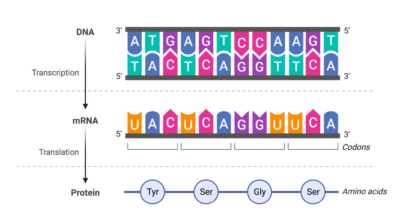A research project led by Anna Bigas, with researchers from the Hospital del Mar Research Institute, the Josep Carreras Institute, and the CIBER of Cancer (CIBERONC), has studied the role of the IκBα protein in mice, which is involved in the inflammation process and the regulation of genes related to tissue-specific stem cells, such as blood stem cells. The results could pave the way for the generation of stem cells in the laboratory.
The team found that in genetically modified mouse embryos lacking this protein, stem cells enter a state of quiescence, which is like pausing their development, causing them to take much longer to differentiate.
This happens because, without IκBα, there are higher levels of retinoic acid, which induces the cells to enter a state of quiescence.
These cells, once generated in the laboratory, can be transplanted into patients to become new blood cells. Until now, this was not possible because the cells differentiated too quickly. But without the IκBα protein, quiescence is extended until the cells are transplanted. Then, they activate and have a great capacity for regeneration.
Without the IκBα protein, quiescence is extended until the cells are transplanted. Then, they activate and have a great capacity for regeneration.
As of today, treatments for leukemia or genetic blood diseases can only be done with donations from a healthy person. This study, conducted so far only in mice, allows progress towards the generation of blood stem cells in the laboratory for use as a new treatment.
Thambyrajah, R., Maqueda, M., Fadlullah, M.Z. et al. IκBα controls dormancy in hematopoietic stem cells via retinoic acid during embryonic development. Nat Commun 15, 4673 (2024). doi: 10.1038/s41467-024-48854-5






